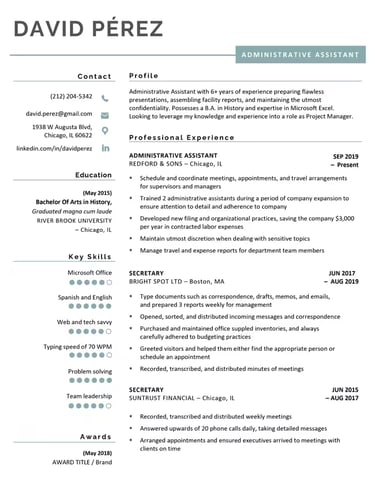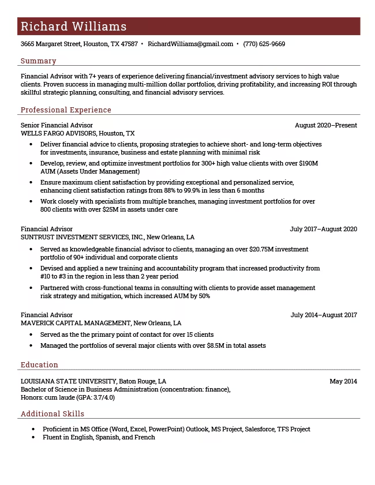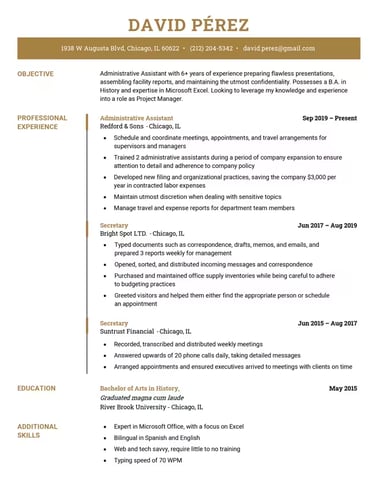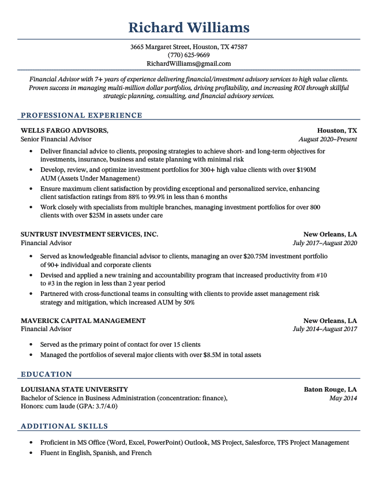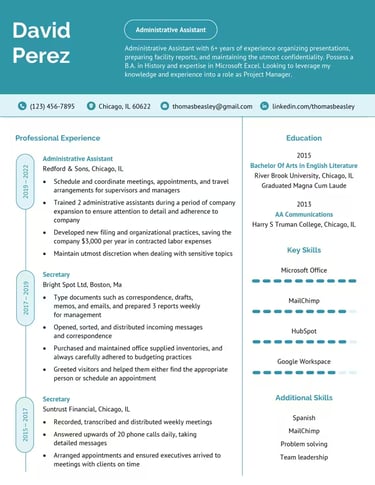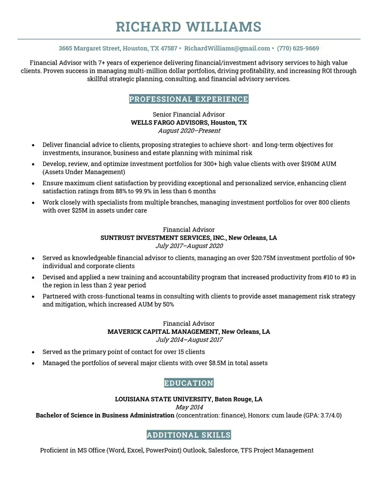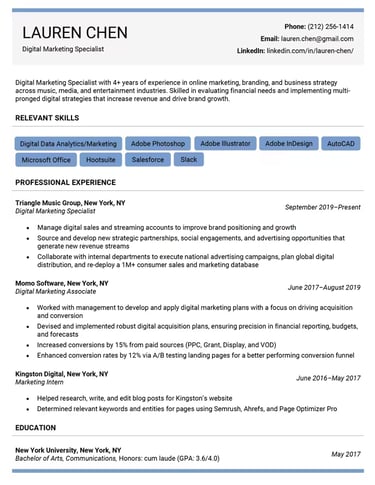Essential AI Skills for Software Engineers: How to Learn Them and Boost Your Hiring Chances
Artificial Intelligence (AI) has revolutionized the field of software engineering, making AI skills highly valuable for professionals in the tech industry. Companies increasingly seek software engineers who can integrate AI-driven solutions into applications, optimize processes, and build intelligent systems
Akshata Bhat
3/7/20254 min read


Essential AI Skills for Software Engineers: How to Learn Them and Boost Your Hiring Chances
Introduction
Artificial Intelligence (AI) has revolutionized the field of software engineering, making AI skills highly valuable for professionals in the tech industry. Companies increasingly seek software engineers who can integrate AI-driven solutions into applications, optimize processes, and build intelligent systems.
Whether you're a beginner or an experienced developer, mastering AI skills can significantly improve your hiring prospects, making you a competitive candidate for top-tier tech jobs. This guide explores essential AI skills for software engineers, how to acquire them, and why they can dramatically boost your career opportunities.
Key AI Skills for Software Engineers
1. Machine Learning Basics
Machine Learning (ML) is at the core of AI applications. Understanding the fundamentals of ML allows software engineers to build AI-powered solutions that improve over time.
🔹 Key Concepts to Learn:
Supervised and unsupervised learning
Model training, testing, and validation
Overfitting and underfitting
Feature engineering
📌 Tools to Use:
Scikit-learn – A popular ML library for Python
TensorFlow & PyTorch – Deep learning frameworks
Google Colab – A cloud-based environment for ML experimentation
2. Data Science & Analytics
AI heavily relies on data. The ability to collect, preprocess, analyze, and visualize data is crucial for developing effective AI models.
🔹 Key Concepts to Learn:
Data cleaning and preprocessing
Data visualization and feature selection
Statistical analysis and probability
📌 Tools to Use:
Pandas & NumPy – For data manipulation
Matplotlib & Seaborn – For data visualization
SQL – For querying structured databases
3. Natural Language Processing (NLP)
NLP enables machines to process and understand human language. Software engineers can use NLP to develop AI applications like chatbots, sentiment analysis tools, and voice assistants.
🔹 Key Concepts to Learn:
Tokenization and stemming
Named Entity Recognition (NER)
Sentiment analysis
Text classification
📌 Tools to Use:
NLTK & spaCy – For NLP processing
Hugging Face Transformers – For pre-trained AI models
BERT & GPT – State-of-the-art NLP models
4. Computer Vision
Computer vision allows machines to interpret and analyze images and videos. Software engineers with expertise in computer vision can develop applications such as facial recognition, object detection, and autonomous systems.
🔹 Key Concepts to Learn:
Image classification and object detection
Convolutional Neural Networks (CNNs)
Optical Character Recognition (OCR)
📌 Tools to Use:
OpenCV – For image processing
TensorFlow & PyTorch – For deep learning applications
YOLO (You Only Look Once) – For real-time object detection
5. AI-Powered Automation & DevOps
AI is transforming DevOps by automating software testing, deployment, and monitoring. Software engineers can leverage AI-driven automation to enhance efficiency in software development pipelines.
🔹 Key Concepts to Learn:
AI-driven testing and debugging
CI/CD pipelines with AI integration
AI for infrastructure automation
📌 Tools to Use:
Jenkins & GitHub Actions – For automated workflows
Selenium – For AI-driven test automation
Docker & Kubernetes – For AI model deployment
How to Learn AI Skills
1. Online Courses & Certifications
Several online platforms offer AI and ML courses specifically designed for software engineers. Completing certifications can validate your expertise and make your resume stand out.
📌 Recommended Platforms:
Coursera – AI & ML courses from Stanford and Google
Udacity – AI Engineer Nanodegree
edX – AI programs from MIT and Harvard
2. Hands-on Projects & Open Source Contributions
Building AI projects and contributing to open-source repositories is one of the best ways to apply your AI knowledge practically.
📌 Project Ideas:
Develop an AI-powered chatbot
Create an image classification model
Build a recommendation system
🔹 Where to Contribute:
GitHub – Collaborate on AI projects
Kaggle – Work on real-world AI datasets
3. AI and ML Tools & Frameworks
Mastering AI frameworks and tools will help you efficiently build, train, and deploy models.
📌 Must-Learn Frameworks:
TensorFlow & PyTorch – For deep learning
Scikit-learn – For ML algorithms
FastAI – For high-level AI model building
4. Participating in Hackathons & AI Communities
Engaging with AI communities and participating in hackathons exposes you to real-world challenges and innovative solutions.
📌 Where to Participate:
Kaggle – Compete in AI challenges
Hackathons (AI-focused) – Hosted by Google, Facebook, and Microsoft
Reddit & Stack Overflow – Join AI discussions and problem-solving forums
Why AI Skills Increase Hiring Chances
1. High Demand for AI-Driven Software Development
Companies across various industries are integrating AI into their products and services. Software engineers with AI expertise are in high demand, with companies offering competitive salaries for AI-skilled professionals.
2. Competitive Advantage in Job Applications
AI knowledge makes your resume more appealing to recruiters. Candidates with AI expertise stand out from traditional software engineers, increasing their chances of securing top job offers.
3. Future-Proofing Your Career in Software Engineering
AI is not just a trend—it’s the future of technology. By investing in AI skills, software engineers can stay relevant and adaptable in the ever-evolving job market.
Conclusion
Incorporating AI skills into your software engineering career can significantly boost your hiring chances and open doors to innovative opportunities. The demand for AI-skilled professionals is on the rise, and companies are actively seeking engineers who can build intelligent solutions.
By leveraging online courses, hands-on projects, AI frameworks, and hackathons, you can develop AI expertise and position yourself as a valuable asset in the job market. Don’t wait—start learning AI today and future-proof your software engineering career!
Frequently Asked Questions (FAQs)
1. Do I need a Ph.D. to learn AI as a software engineer?
No, a Ph.D. is not required. Many software engineers learn AI through online courses, hands-on projects, and industry experience.
2. How long does it take to learn AI skills for software engineering?
It depends on your learning pace. With consistent study and practice, you can acquire foundational AI skills in 3-6 months.
3. Can AI skills help me switch careers within software engineering?
Yes! AI expertise can open up roles in data science, ML engineering, AI research, and automation.
4. What programming languages should I learn for AI?
Python is the most popular language for AI. Other useful languages include R, Java, and Julia.
5. Are AI certifications worth it for job applications?
Yes, AI certifications from reputable platforms (e.g., Coursera, Google, IBM) can enhance your resume and validate your expertise.
6. How can I gain real-world AI experience?
Participate in AI projects, contribute to open-source repositories, join hackathons, and complete internships related to AI.
📢 Get a friendly Technical Resume - Upload Resume Now
Assistance
© 2025. All rights reserved.
Please note that none of my services are available for Per Scholas learners and alumni. As a Per Scholas employee, I will assist them for free. My freelance work is conducted outside of my professional role, in compliance with the non-solicitation policy
